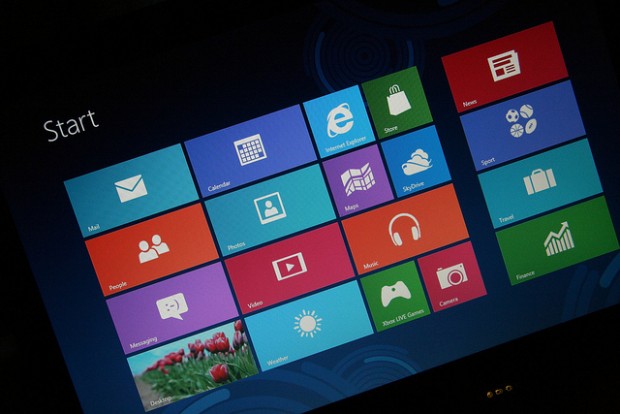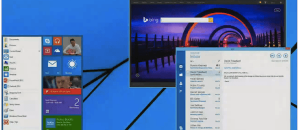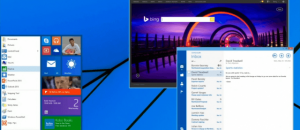Not liking Windows 8? You aren’t the only one. And it seems individual consumers aren’t the only ones unhappy with Windows 8. According to the Wall Street Journal, a survey by Forrester Research shows that only 33% of businesses plan on upgrading to Windows 8, either soon or in the more distant future. Compare that to the 66% that said they would upgrade to Windows 7 when the same question was asked in 2009.
Of the remaining 67%, 10% said they will not upgrade to Windows 8 at all while 47% said they have not really thought about it. Back in 2009, only 1% said they would skip Windows 7 while 27% said they don’t know.
I don’t have access to get past Wall Street Journal’s paywall; as such, I don’t know the exact details of the survey, aside from the results, so it isn’t entirely clear what type of businesses were surveyed by Forrester (e.g. small, medium, large, public, non-public, industry, etc.) However, when Windows 8 is getting roughly half the response from businesses as Windows 7, it says something.
What exactly does it say? One, or both, of the following:
- We don’t like Windows 8.
- We have spent millions into our current IT infrastructure (may that be Windows 7, Vista, XP, etc.) and we don’t want to spend more money upgrading when we don’t feel like we need it.
I’m going to venture out and say the second reason is probably the more important one. You see businesses go through upgrade cycles. For example, lots of business went Windows 95 -> XP -> Win7, skipping over Windows 98, 2000/ME, and Vista. Windows 8 is coming after a much-loved, and much-upgraded-to, operating system. Even if Windows 8 wasn’t drastically different then other Windows, it probably still wouldn’t be adopted by very many businesses simply because so many businesses recently upgraded to Windows 7. The fact that 47% of businesses haven’t even thought about upgrading to Windows 8, while only 27% were in the same position for Windows 7, reinforces this point.
That being said, it is obvious that Windows 8 has some very anti-business, anti-productivity aspects to it. So businesses who’s upgrade cycles do coincide with the release of Windows 8 may decide to ditch it because of its pro-touch focus.
What the case may be, it is clear that more and more people are resisting change. Microsoft, what will you do now?
[via The Verge, WSJ | image via comedy_nose]

 Email article
Email article




